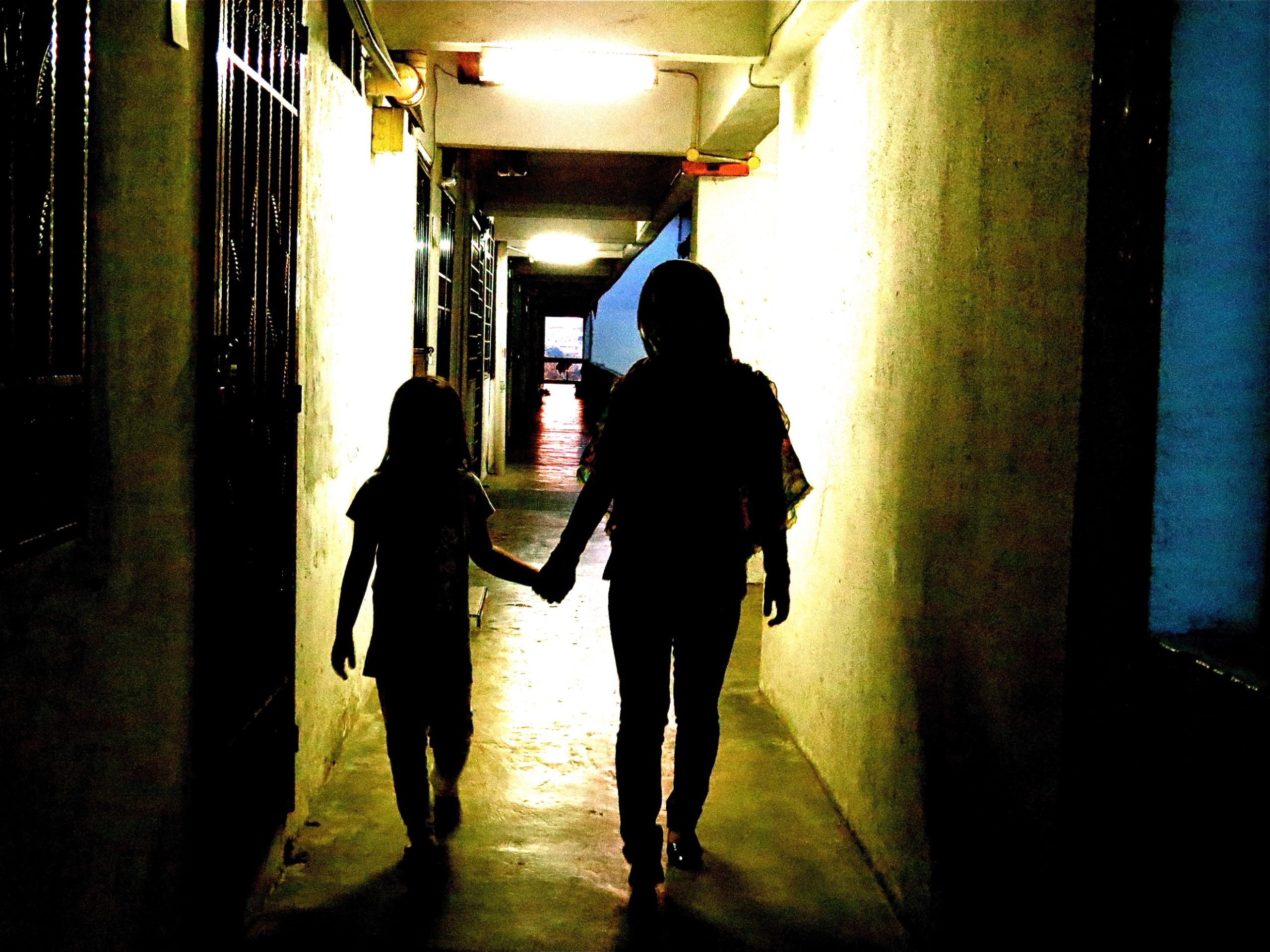In a world that often shies away from the subject of mortality, we find ourselves confronted with a perennial question: How can one cultivate a perspective that not only embraces the inevitability of death but also finds beauty and purpose within it? This inquiry becomes particularly poignant when viewed through the lens of the Baha’i teachings, which encourage a profound and contemplative approach to life and the afterlife. The essence of these teachings provides a roadmap for individuals seeking to transcend fear and look forward to death with a resolute and hopeful heart.
At the outset, the Baha’i Faith posits that death is not an end, but rather a pivotal transition—a passage from the limitations of earthly existence to the boundless realms of the spiritual world. This perspective invites individuals to reevaluate their relationship with mortality. Rather than perceiving death as an adversary to be feared, one is encouraged to regard it as a natural stepping stone on the journey of the soul. The teachings assert that life is a preparatory phase, wherein every action holds significance for our spiritual evolution. The question arises: How does one truly internalize this perspective and transcend the fears associated with mortality?
A foundational Baha’i principle that aids in navigating this existential challenge is the cultivation of detachment. Detachment does not imply a cold indifference towards life but rather a profound and conscious disengagement from the transient nature of material existence. Through practices that promote emotional resilience and mindfulness, individuals can gain a deeper appreciation for the temporal nature of life. Believers are thus called to cultivate a sense of inner peace, which aligns with the understanding that both life and death are components of a divine continuum.
The notion of the soul’s immortality is another cornerstone of Baha’i teachings that serves to assuage fears surrounding death. According to Baha’i doctrine, the soul is an eternal entity that transcends the physical body. Baha’is believe that death is akin to shedding an old garment; it is a necessary phase allowing the soul to emerge and experience a higher state of existence. This belief fosters a sense of continuity that can imbue life with purpose. One may ask themselves: Are we living in a manner that reflects our awareness of this spiritual journey, or are we merely existing in a state of distraction?
Moreover, the Baha’i teachings emphasize the importance of service to humanity as a means of fulfilling one’s purpose during our earthly existence. Acts of service, compassion, and kindness towards others not only enrich our lives but also elevate the human experience. Engaging in meaningful activities fosters a sense of collective responsibility and connection, which serves as an antidote to the isolation often felt when contemplating death. One might ponder the challenge: in pursuing individual aspirations, do we lose sight of the collective human experience that binds us all?
Embracing the concept of accountability is yet another crucial element in looking forward to death with a Baha’i heart. Baha’u’llah, the Founder of the Baha’i Faith, teaches that each individual will ultimately be held accountable for their actions in this world. This accountability encourages individuals to live with intention, making choices that align with their highest values and principles. By fostering a strong sense of moral integrity, one can approach the end of life with a sense of fulfillment, knowing that their legacy is one of virtue and positive impact.
Fear is often rooted in the unknown, and the teachings of Baha’u’llah provide illuminating insights that can reduce this uncertainty. The belief in progressive revelation assures that humanity receives guidance suitable for its evolving needs. This understanding fosters a sense of trust in the divine order of existence. One may ask: can we not find solace in the belief that every soul is guided, even beyond this life, towards growth and development in the next realms? The prospect of spiritual progression post-death alleviates the anxieties associated with the end of earthly experiences.
Additionally, engagement with the community plays a vital role in cultivating a healthy understanding of death. The Baha’i community emphasizes unity and fellowship, providing a supportive network where individuals can share their fears and reflections on life and death. This communal aspect encourages dialogue and helps to normalize conversations about mortality, transforming fear into understanding. Are we, as a community, open to discussing death in a way that nurtures our collective growth rather than shrouding it in stigma?
In the quest to look forward to death with a Baha’i heart, it becomes evident that the cultivation of spiritual perceptions, community connection, and purposeful living are indispensable. This perspective invites individuals to confront their fears not with despair, but with a sense of hope and assuredness. By embracing the teachings of Baha’u’llah, one can transcend the confines of fear and apprehension, finding profound purpose even in the face of mortality. In doing so, we align ourselves with a greater narrative—a divine story that transcends individual existence, inviting all souls into a continuum of love, growth, and eternal companionship.
Ultimately, the journey towards acknowledging and embracing death is as personal as it is communal. Through the lens of the Baha’i Faith, we are afforded a rich tapestry of principles that illuminate our path, encouraging a forward-looking attitude that recognizes death not as an antagonist, but as an integral part of life’s grand design. In navigating this journey, we can transform our fear into a serene anticipation, enrich our earthly existence, and prepare our souls for the beautiful transitions that await beyond the veil of this world.
